There is Hope if You Still Can’t Sleep
In the last couple months I’ve shared dozens of helpful tips, information, and strategies to help get better sleep. But if you’ve tried everything and still can’t sleep, there is hope. I participated in an Ambassador program on behalf of Influence Central for Pernix Therapeutics. I received a promotional item to thank me for my participation. All thoughts and opinions shared here are my own.
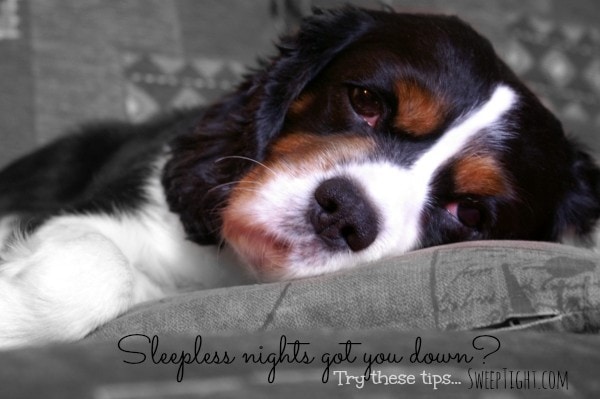
My Results
As I mentioned, I have been trying all sorts of different sleeping strategies to help me sleep through the night. I’m happy to report that overall I have noticed a dramatic improvement in my sleeping patterns.
While I still struggle to get to bed at an earlier time–darn kids and their extra curricular activities have me driving everyone home at 10pm–I am staying asleep through the night and having no trouble falling fast asleep.
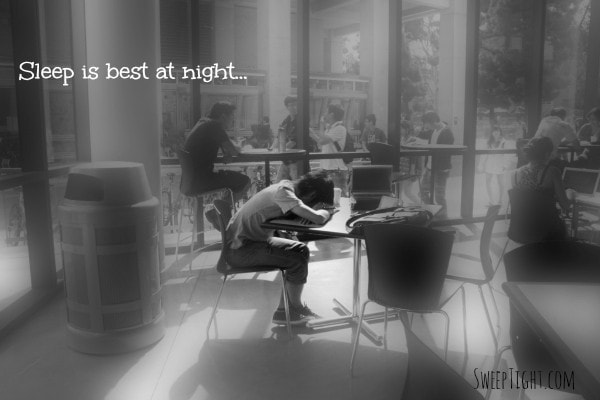
The most helpful things for me have been:
- Logging off of social media and devices at least 30 minutes before bedtime. I had originally said I’d do this an hour before bed, but as a full time blogger–30 minutes feels like a lot. That blue light they always talk about really does mess with your circadian rhythm. Giving my eyes a break from it lets them know its time to relax. The distractions of internet drama are also nice to forget about before hitting your pillow.
- Giving up caffeine after noon has also had a significant impact on my ability to fall and stay asleep. I mean, duh. But honestly, I was stuck in a vicious cycle. I needed that 2 or 3’clock coffee to get through the day because I wasn’t getting enough sleep at night. But that’s also what was causing the crummy sleep to begin with. So after just a couple days without that afternoon joe, I was sleeping like a champ.
- Getting cozy. Evan and I re-situated our sleeping positions. He has horrendous sciatic nerve issues and he kept waking up on his back. I didn’t realize he was messing up my sleep so much too. We now wedge a pillow under his back so he is forced to stay sleeping on his side which alleviates the pressure on his lower back.
- Going dark. I wasn’t always shutting the curtains at night because I was just too lazy. Now I make it part of my routine and have noticed the room is a lot more sleep-friendly.
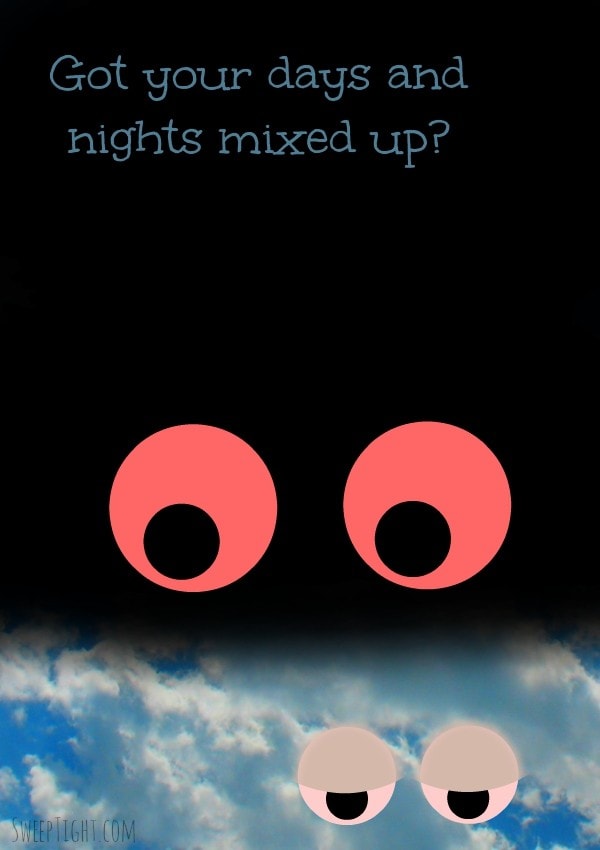
Still Can’t Sleep?
If you’ve tried everything that has worked for me and find yourself still struggling to stay asleep or fall asleep at night, perhaps it’s time for a doctor’s help. While most Americans acknowledge the importance of a shut-eye routine, only half admit to actually sticking to one. For people with insomnia, a healthy shut-eye strategy may not be enough.
The good news is that there are effective treatment options available, including SILENOR®, a prescription sleep aid that is used to treat people with insomnia who have trouble staying asleep.
SILENOR® works with the wake-promoting mechanism with the body’s natural sleep-wake cycle, helping patients stay asleep throughout the night and early morning. Most importantly, it’s not associated with a risk of abuse or physical dependence.
If you’re struggling to stay asleep at night, and have tried everything, you should have a conversation with your doctor about your routine, lifestyle and symptoms to determine the best option for you.
To learn more about how to achieve a full, uninterrupted night’s sleep, visit Wanttosleepmore.com
To find more helpful product ideas, explore our gift ideas for people who can’t sleep.




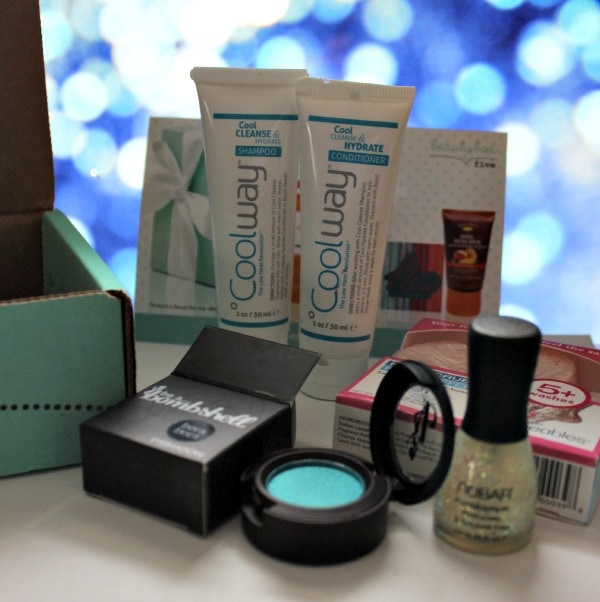

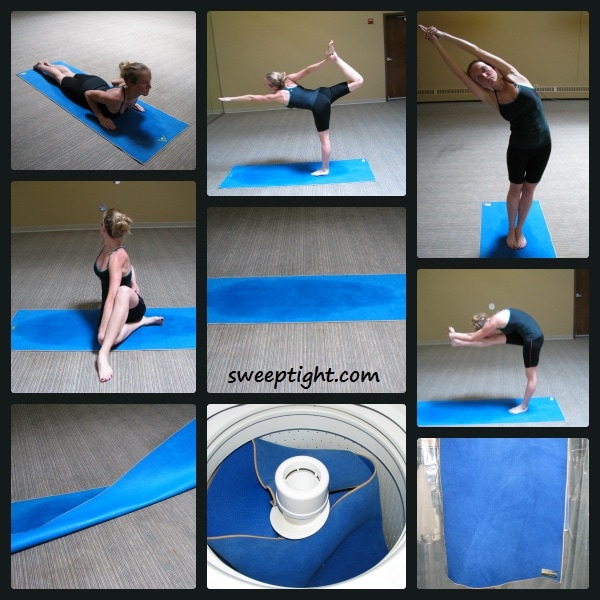
Turning off my cell phone and not having it near my bed is a must because last night I got a phone call late and I had so much trouble falling asleep after this phone call. Putting all electronics out of my bedroom! Thanks for your tips. I know that I can not drink coffee but in the early morning hours or I can not sleep!
I have such a hard time staying asleep! Going to sleep is no problem. I turn off my devices @ least 30 minutes before I go to bed as you suggested, but I always wake up 2-3 times during the night. Then getting back to sleep is a problem. I will have to ask my doctor about SILENOR®. I am SO glad that they finally have a medication for this problem that is not associated with a risk of abuse or physical dependence! Thank you so much for sharing!
I ahave oddd hours, I aalways have though, I tend to be a nightowl and stay up way too late. I havent found anything that works at all.
Good tips. I make sure I’m off the computer at least an hour before bed.
I’ve struggled for over 9 years to get more than 1-2 hours of sleep at night to no avail.Thanks for the great tips.
Giving up coffee after noon is probably the single best thing anyone can do to improve their chanced of getting to sleep at night. And once you’re able to get to sleep have a full night of rest you may find that you no longer need any coffee after noon.
Thanks for the tips. I have a least one night a week where I can’t sleep. It’s frustrating!
I am a nightowl if you cant tell from when I comment. I always have been. I think some of it is meds, some of it physical. I am hoping one day not to be tired all the time!